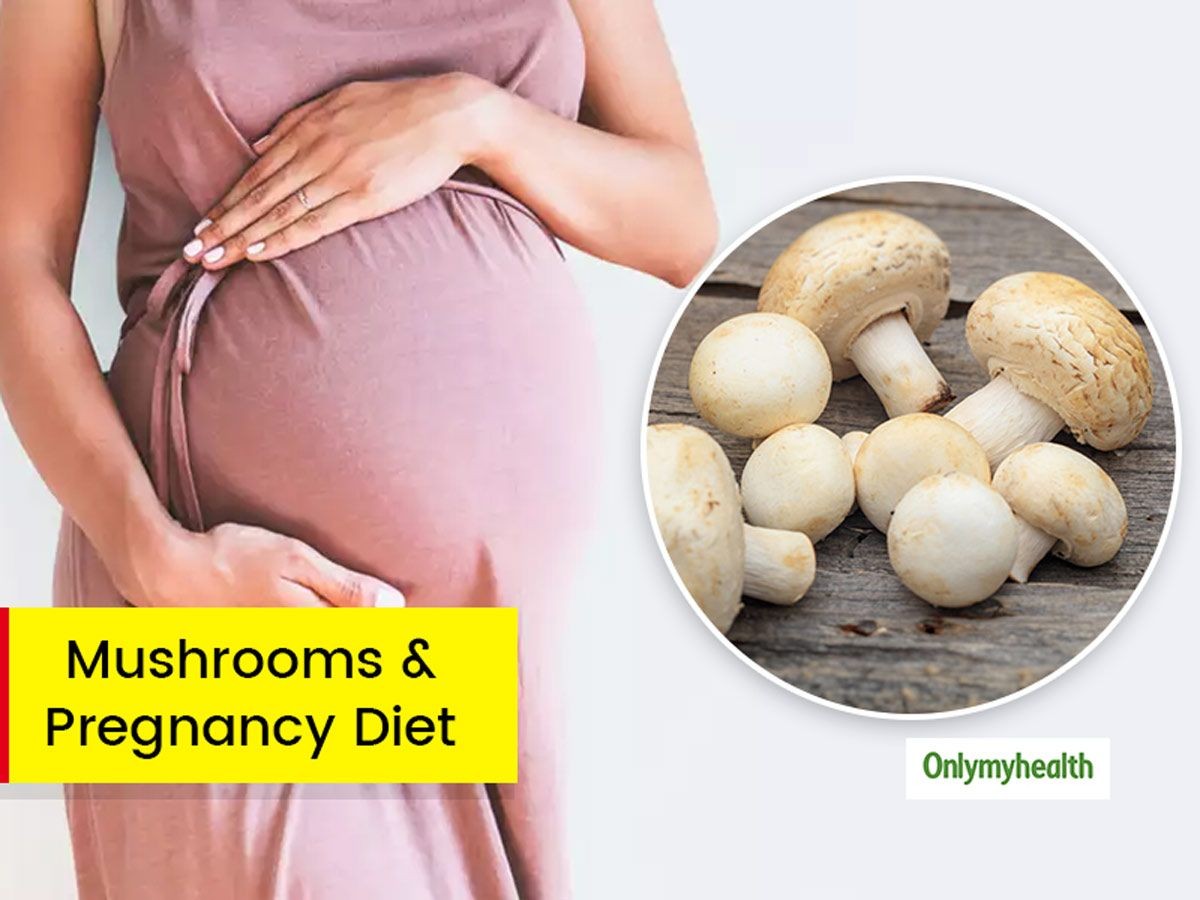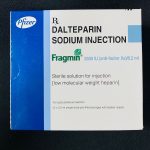
Eating Mushrooms While Pregnant: Safe Varieties and Avoidance
Mushrooms, a staple ingredient in countless dishes, can be safely consumed during pregnancy. Cremini, shiitake, and oyster mushrooms are safe choices, while wild and psilocybin mushrooms should be avoided.
Mushrooms are used in various dishes like cream of mushroom soup and stuffed mushrooms. However, not all mushrooms are safe and edible. Some mushrooms are poisonous, while others are used as recreational drugs. If you or your loved one is pregnant, you may wonder whether it’s safe to eat mushrooms during pregnancy.
Fortunately, many types of mushrooms are perfectly safe to eat while pregnant. However, there are a few unsafe varieties that should be avoided to protect the health of the mother and unborn baby. Read on to learn about safely incorporating mushrooms into your pregnancy diet.
If you’re a mushroom fan, you may have concerns about eating mushrooms during pregnancy. Rest assured, there are plenty of safe mushrooms that you can enjoy without harming yourself or your baby. So, you can continue to savor this nutritious food during your pregnancy.
Here are six common varieties of mushrooms that you can safely include in your pregnancy diet:
Cremini mushrooms
Also known as Baby Bellas, cremini mushrooms have a rich flavor and are commonly used in meat and vegetable dishes.
Oyster mushrooms
Visually unique with wide, fleshy caps resembling oysters, oyster mushrooms come in various colors. They are commonly grown for culinary purposes but can also be found growing in the wild on logs and stumps.
Portabella mushrooms
These popular mushrooms have enormous caps that are easy to cook. With their rich, meaty taste, they serve as an alternative to meat and are often served as portabella burgers or used in kebabs and stuffing.
Shiitake mushrooms
Originally from Japan, shiitake mushrooms are used worldwide in many dishes. They have brown or tan caps and cream or white stems, and they grow on logs, deriving nutrients from wood cellulose. Shiitake mushrooms have a savory taste and are commonly used in stir-fries and meat dishes.
Straw mushrooms
China produces 80% of the world’s straw mushrooms. These tropical mushrooms have dark brown caps and thin stems, offer a rich umami flavor, and are known for their antioxidant and anti-inflammatory properties.
White button mushrooms
Also known as common white mushrooms, these fungi have a mild taste and are suitable for various dishes such as pizzas, salads, and soups. They are the most popular mushroom variety in America.
With such a wide selection of safe and tasty mushrooms, you can easily satisfy your mushroom cravings during pregnancy.
Varieties of mushrooms to avoid during pregnancy:
While most mushrooms are safe to consume during pregnancy, there are a few varieties that should be avoided.
Psilocybin mushrooms
Psilocybin mushrooms, also known as "magic mushrooms" or "shrooms," have hallucinogenic properties that can cause delusions and alter perception. Ingesting these mushrooms can result in adverse psychological effects such as anxiety, confusion, paranoia, and panic attacks. They can also impair judgment, leading to risky behavior.
The effects of magic mushrooms on pregnant and breastfeeding women have not been studied, so it’s best to avoid them during pregnancy for safety reasons.
Wild mushrooms
Foraging for wild mushrooms in the woods is enjoyed by many people. However, properly identifying these mushrooms can be challenging and can lead to accidental ingestion of poisonous varieties. Poisonous mushrooms like the death cap (Amanita phalloides) and destroying angel (Amanita ocreata) grow wild in some areas of the United States.
Consuming wild poisonous mushrooms can result in abdominal cramping, dehydration, diarrhea, vomiting, liver damage, and in severe cases, death. To avoid unintentional harm to yourself and your baby, it’s best to stick to clearly labeled culinary mushrooms during pregnancy.
Health Benefits of Consuming Mushrooms During Pregnancy:
Eating safe mushrooms during pregnancy can provide numerous health benefits for both expecting mothers and their babies. Some potential advantages include:
Essential Nutrients
Adding mushrooms to your daily diet can increase your intake of dietary fiber, copper, niacin, potassium, and other essential minerals and nutrients. These nutrients can help compensate for dietary shortfalls, and certain medicinal mushrooms may even have anti-diabetic properties, reducing the risk of gestational diabetes. It’s important to note that further research is needed to establish appropriate dosages for prevention and treatment.
Reduced Risk of Pregnancy-Induced Hypertension (PIH)
A study conducted in 2020 found that pregnant women who consumed 100 grams of mushrooms daily from pre-pregnancy until the 20th week of gestation had a lower risk of developing gestational hypertension and preeclampsia.
QUESTION
How to Prepare Mushrooms During Pregnancy?
Cooking mushrooms is the safest way to prepare them during pregnancy, as it helps eliminate the risk of foodborne illnesses caused by bacteria.
Here are a few practical tips for safe mushroom handling during pregnancy:
- Discard bruised or spoiled mushrooms.
- Gently scrub mushrooms with a cloth or soft brush to remove dirt and other particles.
- Rinse mushrooms before cooking.
- Steam or sauté mushrooms before freezing them.
- Thoroughly wash your hands and utensils after preparing mushrooms.
By following these techniques, you can protect yourself from contaminated mushrooms.
Are There Any Risks Associated With Eating Mushrooms During Pregnancy?
Eating raw or undercooked mushrooms can pose health risks for pregnant women, unborn babies, and newborns.
In recent years, raw enoki mushrooms have been linked to Listeria outbreaks in the United States. Pregnant women are at a higher risk of severe illness caused by Listeria ingestion. Symptoms include fatigue, fever, muscle aches, premature death, and pregnancy loss. Newborns can also experience serious illness if exposed to Listeria.
Shiitake mushrooms are typically safe to eat during pregnancy. However, consuming raw shiitake mushrooms can cause a painful skin eruption. This occurs due to the body’s reaction to lentinan, a polysaccharide that decomposes during cooking.
When carefully selected and prepared, edible mushrooms can be a nutritious addition to your pregnancy diet. Stick to labeled culinary mushrooms for optimal safety. It’s also advisable to consult with your primary care provider or obstetrician for guidance on maintaining the healthiest diet during pregnancy.
Sources:
AIMS Medical Science: "Role of mushrooms in gestational diabetes mellitus."
Anais Brasileiros de Dermatologia: "Shiitake dermatitis."
California Department of Public Health: "Use Caution When Collecting, Eating Wild Mushrooms."
Centers for Disease Control and Prevention: "Listeria Outbreak Linked to Enoki Mushrooms."
Colorado State University Extension: "Mushrooms."
Food and Nutrition Research: "A mushroom diet reduced the risk of pregnancy-induced hypertension and macrosomia: a randomized clinical trial."
Food Science & Nutrition: "Nutritional impact of adding a serving of mushrooms on usual intakes and nutrient adequacy using National Health and Nutrition Examination Survey 2011–2016 data."
Government of Canada: "Food safety tips for mushrooms."
Journal of Psychopharmacology: "Adverse experiences resulting in emergency medical treatment seeking following the use of magic mushrooms."
Meat Science: "Use of straw mushrooms (Volvariella volvacea) for the enhancement of physicochemical, nutritional and sensory profiles of Cantonese sausages."
Missouri Department of Conservation: "Oyster Mushroom."
National Library of Medicine: "Psilocybin mushrooms (“Magic Mushrooms”)."
Oregon State University Extension Catalog: "Shiitake Mushrooms."
Penn State Extension: "Food Safety."


